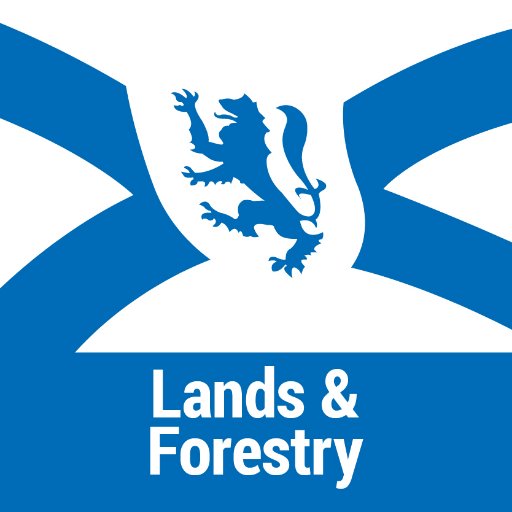Release from Halifax Stanfield:
A 90 per cent decline in passenger traffic and associated revenues due to the global disruption in air travel from the COVID-19 pandemic has led Halifax International Airport Authority (HIAA) to increase Airport Improvement Fees (AIF) beginning in 2021.
AIF revenue is used to invest in necessary capital infrastructure maintenance and improvements and to service the debt obligations associated with those long-term investments. Beginning on January 4, 2021, the Halifax Stanfield AIF will increase from $28 to $35 for each originating passenger travelling outside Nova Scotia. Intra-provincial passengers originating at Halifax Stanfield and travelling to J.A. Douglas McCurdy Sydney Airport will see their AIF increase from $15 to $22.
“We have very few options to deal with a financial crisis of this magnitude – it’s unlike anything we have experienced in 20 years of managing the Halifax airport,” said Joyce Carter, President & Chief Executive Officer, HIAA. “In addition to significant cost-cutting measures we’ve undertaken over the past several months we must generate sufficient revenue to meet our financial obligations for debt and infrastructure management. Our only options to generate more revenue in this environment are through additional borrowing and fee increases, and we can’t continue to borrow our way through this crisis with no end in sight.”
As a corporation without share capital, HIAA relies on passenger and flight activity to generate revenues required to support airport operations and invest in capital infrastructure that meets the needs of the communities it serves, now and in the future. Essentially, the airport operates on a user-pay system – with very few users due to the pandemic and associated travel restrictions, there is very little revenue being generated.
Capital investment at the airport is funded by annual operating surpluses, debt and AIF revenue. These three sources of capital funds have been used by HIAA to invest in important facility improvements and purchase equipment required to meet aviation safety regulations and accommodate a nearly 20 per cent growth in passenger traffic and 35 per cent increase in cargo processed over the past decade. As a result of the severe financial impact from the pandemic, surpluses have become large deficits and there are limitations to the amount of debt the organization is capable of servicing. This leaves AIF revenue as the only practical source of required investment capital.
“Raising fees at a time like this is not something we take lightly. We have substantial fixed costs associated with safely managing our airfield, terminal building and property, no matter if one or 1000 flights land here,” said Paul Brigley, Vice President Finance and Chief Financial Officer, HIAA. “Capital investments are necessary each year to maintain the safety and integrity of our facilities and operations, and to maintain compliance with regulatory changes. The pandemic has and will continue to result in additional investments to ensure a safe, healthy passenger journey. It’s simply not possible to defer this type of work – the airport must be safe and meet all regulatory requirements for aircraft activity.”
Since the pandemic began, HIAA has consolidated terminal operations and parking lots, powered down equipment and lighting, cut discretionary spending, and reduced its workforce by 25 per cent. These efforts have saved more than half of the airport’s planned operating budget for 2020 since April, but HIAA is still facing a significant deficit and rising debt loads. Increasing revenues, in the absence of other funding streams, is necessary to maintain HIAA’s long-term financial viability.
Halifax Stanfield is one of the most critical pieces of transportation infrastructure in Atlantic Canada, and a key economic generator that will be essential to our region’s recovery. Canada’s airports, including Halifax Stanfield, have played an important role in the nation’s response to the pandemic from the beginning. The airport remained open throughout the pandemic to serve those who needed to travel for work, school or business, enable the efficient flow of goods and medical supplies, and support medevac and crisis response.
HIAA, along with other Canadian airport authorities, has continually asked the federal government for reasonable, sector specific support in the form of long-term rent relief and interest free loans to reduce debt incurred as a result of this extraordinary global crisis. Government support, in combination with cost cutting measures and revenue increases, will ensure the airport remains open and financially stable to further the economic recovery of our province, region, and country.
“The pandemic will have ripple effects on our industry for the foreseeable future. Current projections range as low as 1.5 – 2.0 million passengers expected at Halifax Stanfield in 2021 – that’s less than half of what we saw in each of the past three years,” noted Carter. “The AIF represents a critical revenue stream that enables us to connect our passengers and business partners to the world. We’re responsible for facilitating the safe, efficient movement of people and goods, and we’re committed to ensuring our financial ability to continue to serve our communities in the weeks, months and years ahead.”
#notw



